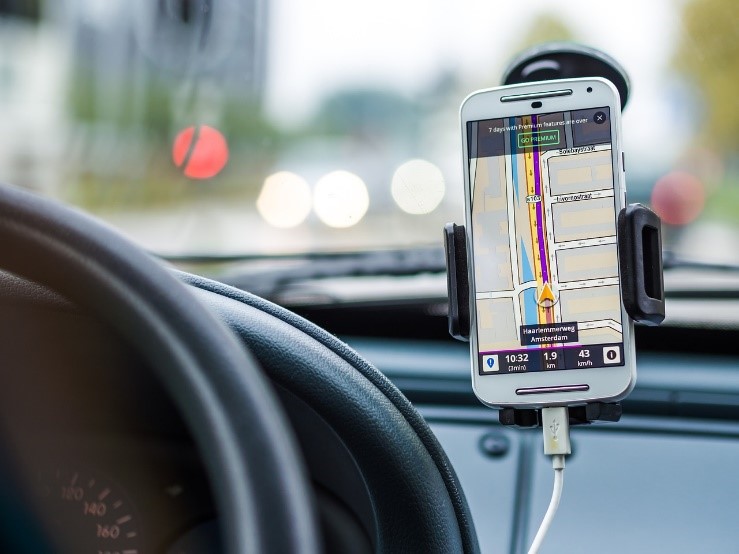Editor’s Note: This post originally appeared as NMA E-Newsletter #299, emailed to NMA members in October 2014. The information is still pertinent, and if anything, the privacy issue for motorists has become more acute with time. If you would like to receive the weekly NMA E-Newsletter, a one-topic discussion, consider becoming a member of the NMA today!
The phrase “reasonable expectation of privacy” pops up a lot when discussing motorists and privacy issues. But what does it mean, and how does it apply to the daily business of driving?
A reasonable expectation of privacy exists if 1) you have an expectation of privacy in a given situation, and 2) your expectation of privacy is one that society as a whole would think is legitimate.

Reasonable expectation of privacy as a legal concept grew out of a case (Katz v. the United States) in which federal agents tapped phone calls made from a phone booth (remember those?) without a warrant. Even though the listening device was attached to the exterior of the phone booth and did not intrude on the interior space, the caller still had an expectation that his call would not be overheard since he had closed the door to the phone booth. The court ruled that it was this expectation—not the inside of the phone booth itself—that was protected from government intrusion.
It’s important to note that while the caller had a reasonable expectation of privacy in his phone conversation, he likely did not have one regarding his appearance or actions inside the phone booth. Thus, the Supreme Court has ruled that you have no reasonable expectation of privacy in information you “knowingly expose” to others. For example, you share phone numbers with your phone company when you make a call; you share financial and other personal data with your bank when you deposit a check. By willingly conducting transactions with these entities, so the theory goes, you assume the risk that they may share your data with other parties.
How does this apply to driving? Based on Katz, it has been established that motorists have no reasonable expectation of privacy while driving down the road. This is why the NMA deemphasizes the privacy objections related to ticket cameras because they simply won’t hold up in court. (Don’t worry, we have plenty of other objections we can make.)

With regard to the growing use of automated license plate readers (ALPRs), the courts have ruled that license plate numbers are not protected information under the Fourth Amendment and can be subject to random computer checks without probable cause or heightened suspicion. In the United States v. Ellison, a federal appellate court ruled “that a motorist has no reasonable expectation of privacy in the information contained on his license plate under the Fourth Amendment.”
The court continued:
No argument can be made that a motorist seeks to keep the information on his license plate private. The very purpose of a license plate number, like that of a Vehicle Identification Number, is to provide identifying information to law enforcement officials and others. [Because of the important role played by the license plate in the pervasive governmental regulation of the automobile and the efforts by the federal government to ensure that the license plate is placed in plain view,] a motorist can have no reasonable expectation of privacy in the information contained on it.

Privacy advocates acknowledge the “in plain view” aspects of displaying and reading a license plate number but point out that the real ALPR privacy concerns come from how long the information is stored, who has access to it, and how it is used and shared. The NMA has commented extensively on ALPRs and what can be done to protect motorists from the potential abuses they engender.
Note that you do have a reasonable expectation of privacy concerning the interior of your vehicle, and police can only search your vehicle under certain circumstances. Read more about vehicle searches here and here. Needless to say, never willingly consent to a search of your vehicle.
It’s clear that our actual level of privacy is linked to our expectation of privacy. If society’s expectation of privacy is lowered, then we as a society will have less of it. Take, for example, this U.S. Supreme Court opinion from another motorist privacy case, the United States v. Jones:
…the use of longer-term GPS monitoring in investigations of most offenses impinges on expectations of privacy. For such offenses, society’s expectation has been that law enforcement agents and others would not—and indeed, in the main, simply could not—secretly monitor and catalog every single movement of an individual’s car for a very long period.
But the reality is that government agents and others can secretly track our movements, along with many of our other daily activities. The result is the continuous lowering of our expectation of privacy in more areas of our lives. Once that expectation is gone, our privacy will be as well.






